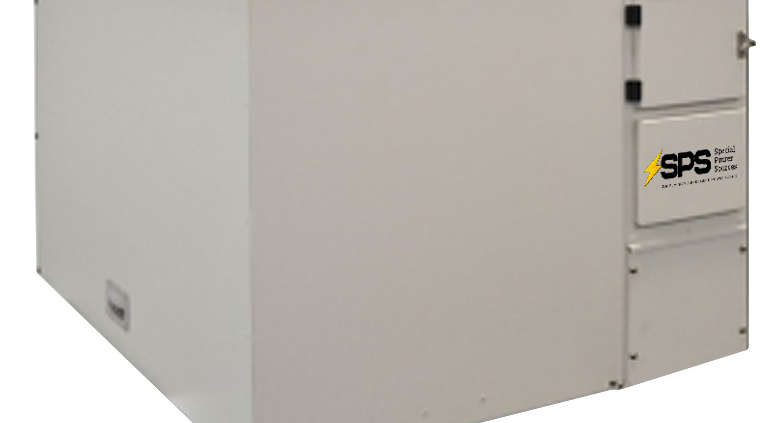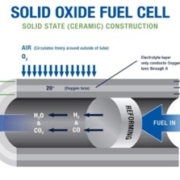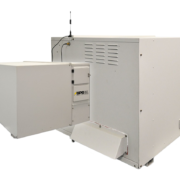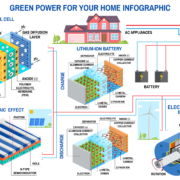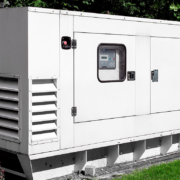Utilizing Solid Oxide Fuel Cell Generators For Primary Power Generation
As the world continues to grapple with the challenges of climate change and the need for sustainable energy solutions, the spotlight is increasingly turning towards advanced technologies for primary power generation. This is especially true for industries and applications apart from the utility grid which have traditionally relied on diesel generators for primary or continuous power.
Wind and solar were early viable solutions but as fuel cells have advanced over the years, Solid Oxide Fuel Cells (SOFCs) have become a more efficient and effective alternative.
As SOFC companies continue to innovate, will they replace traditional generator methods of primary power generation?
Understanding Solid Oxide Fuel Cell Generators
The unique appeal of fuel cell generators is their higher operating efficiencies and significantly lower emissions compared to combustion. SOFCs specifically, operate at high temperatures, typically between 500 and 1,000 degrees Celsius. Operating at high temperatures offers fuel flexibility and can increase fuel efficiency with energy recovery.
In recent years, as we have been able to innovate and create better systems to utilize fuel cells within, the hindrances of operating at such a high temperature have diminished creating a more advantageous solution overall.
With SOFC generators, we can now effectively create cleaner more efficient power off the grid, with the fuel flexible to aid in a variety of applications.
Advantages of SOFC Generators for Primary Power
Why SOFC generators for primary power generation? Traditional primary power generators have been diesel. These are reliable and readily available but can be expensive or have unpredictable operational costs and fuel prices fluctuate. Other renewable energy sources like wind and solar have aided in creating more sustainable energy production, but they have many disadvantages that prevent them from being a realistic option for primary power.
SOFC generators on the other hand have many advantages that provide organizations with a resilient and energy-efficient alternative to current prime generators on the market.
1. High Efficiency: SOFCs boast higher electrical efficiency compared to traditional combustion-based power generation. The high operating temperatures enable efficient fuel conversion into electricity, resulting in impressive overall efficiency levels, often exceeding 60%.
2. Fuel Versatility: One of the key strengths of SOFCs is their ability to utilize various fuels, including hydrogen, natural gas, and biofuels. This versatility makes them adaptable to different energy landscapes and facilitates the integration of renewable and low-carbon fuels.
3. Low Emissions: SOFCs produce electricity through electrochemical reactions, minimizing the release of pollutants. The absence of combustion-related emissions, such as nitrogen oxides and particulate matter, contributes to cleaner air and a reduced environmental impact.
4. Longevity and Reliability: SOFCs are known for their durability and long lifespan. The absence of moving parts and the robust nature of ceramic materials result in minimal degradation over time, providing a reliable and stable power supply for extended periods.
5. Low Maintenance: SOFC generators are known for their long operating lifetimes with minimal maintenance. Expect annual manual maintenance and to replace fuel cell bundles every 2 to 4 years.
SOFC Applications for Primary Power
As SOFC technology advances, it creates the opportunity to apply its advantages across a number of applications. As solutions are developed for one application, it shapes the way for innovation in other applications. An important part of understanding, if SOFCs can be used for your unique needs, means understanding the current successful applications and how those principles can be applied to new uses.
Below are just a couple of highlighted examples of how SOFC generators could be used.
Residential Power Systems
SOFC generators find application in residential settings, providing a decentralized and clean energy source for homes. The high efficiency and low emissions make them an attractive option for powering homes and small communities.
Commercial and Industrial Facilities
SOFCs are well-suited for supplying power to commercial and industrial facilities with consistent energy demands. The technology’s ability to operate at high temperatures makes it suitable for combined heat and power (CHP) applications, enhancing overall efficiency by utilizing waste heat.
Remote and Off-Grid Locations
In remote or off-grid locations where establishing traditional power infrastructure is challenging, SOFC generators offer a reliable and sustainable solution. These systems can be integrated with renewable energy sources to create hybrid power systems.
As remote power generation experts, we have used the flexibility of SOFCs for several unique solutions across a variety of applications. With each request, we discover even more unique applications.

